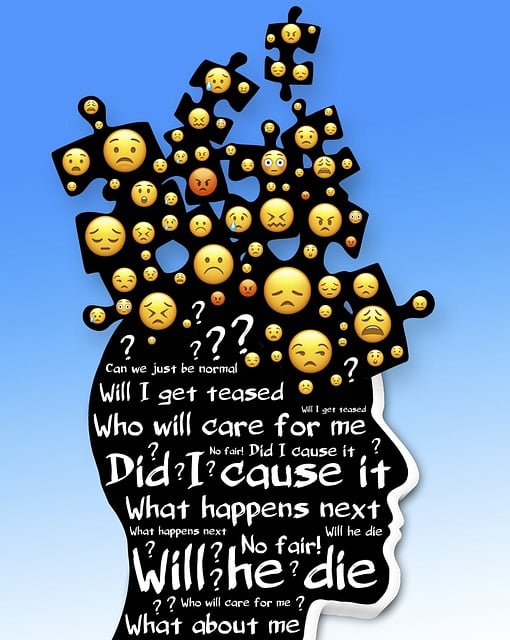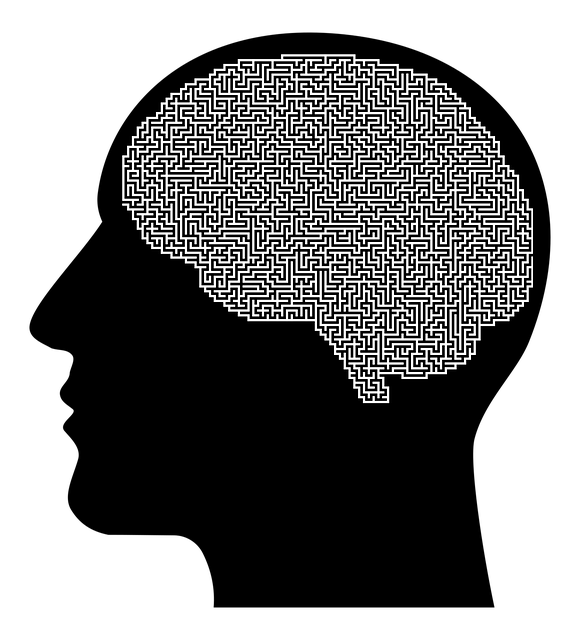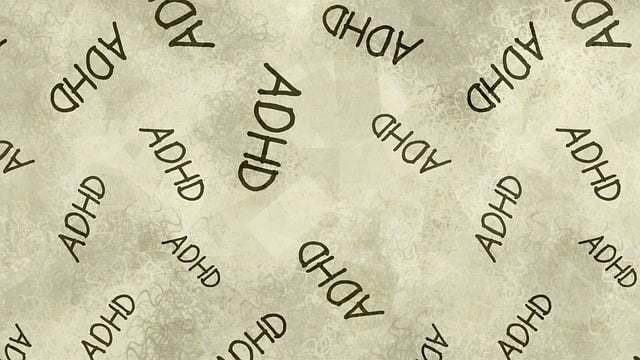Arvada Dissociative Disorder Therapy offers specialized social skills training tailored to address unique challenges faced by individuals with dissociative disorders. Through community outreach, mental wellness coaching, and Mind Over Matter principles, they empower clients to build confidence, develop healthy coping mechanisms, and enhance their recovery journey. This holistic approach includes stress management workshops, journaling exercises, and group therapy sessions, fostering better communication, empathy, and a sense of belonging in social situations.
Social skills training is a powerful tool for managing mental health conditions, particularly dissociation. This comprehensive guide explores how tailored therapy can empower individuals with dissociative disorder to navigate social interactions with confidence. We delve into the impact of social skills on mental well-being, identifying challenges unique to dissociation and offering effective strategies for communication and relationship building. For those seeking Arvada dissociative disorder therapy, this article provides valuable insights into enhancing social competence and improving daily life.
- Understanding Social Skills and Their Impact on Mental Health
- Identifying Challenges in Social Interactions for Individuals with Dissociative Disorder
- The Role of Therapy in Enhancing Social Competence
- Strategies for Effective Communication and Relationship Building
- Practical Tips for Daily Life: Navigating Social Situations with Confidence
Understanding Social Skills and Their Impact on Mental Health

Social skills are fundamental to our daily interactions and play a significant role in shaping our mental health. They encompass the abilities to communicate effectively, empathize with others, and navigate social situations with confidence. For individuals dealing with mental health conditions, such as dissociative disorder, developing and refining these skills can be transformative. Social Skills training helps them build connections, foster a sense of belonging, and manage symptoms by providing healthy coping mechanisms in social contexts.
In the context of Arvada Dissociative Disorder Therapy, understanding these dynamics is crucial. Community Outreach Program Implementation and Mental Wellness Coaching Programs Development tailored for such conditions can significantly enhance recovery. By encouraging positive thinking and interactive engagement, these programs create supportive environments where individuals learn to manage their disorders effectively while cultivating meaningful relationships.
Identifying Challenges in Social Interactions for Individuals with Dissociative Disorder

Individuals with dissociative disorder often face unique challenges when it comes to social interactions due to their struggle with identity and memory fragmentation. This condition can make everyday conversations and relationship-building difficult, as they may experience disconnection from their thoughts and emotions during social settings. For instance, a person suffering from dissociative disorder might find themselves unable to maintain eye contact or respond appropriately in a group discussion, leading to feelings of isolation and further exacerbating symptoms.
Arvada Dissociative Disorder Therapy utilizes the Mind Over Matter principles to help clients navigate these complexities. Through tailored stress management workshops, individuals learn valuable coping strategies to address the emotional and mental barriers hindering their social engagement. By participating in these sessions, they gain a better understanding of their triggers and develop techniques to prevent burnout, allowing them to actively participate in social activities without feeling overwhelmed. This holistic approach, combined with professional guidance, enables those affected by dissociative disorder to rebuild social connections and enhance their overall well-being.
The Role of Therapy in Enhancing Social Competence

Social skills training is a critical component of treating mental health conditions, particularly for those suffering from dissociative disorders like Arvada Dissociative Disorder Therapy. Therapy plays a pivotal role in enhancing social competence by providing individuals with the tools and strategies to navigate social interactions more effectively. Through specialized guidance, patients can learn to recognize and manage their symptoms during social situations, fostering better connections and improving overall mental wellness.
Mental Wellness Journaling Exercise Guidance often forms part of this process, helping individuals track their emotions, identify triggers, and practice healthy coping mechanisms. Social Skills Training, tailored to the specific needs of each patient, enables them to develop assertive communication, improve non-verbal cues, and build confidence in social settings. By integrating these techniques into daily life, individuals can enhance their ability to form relationships, participate in community activities, and ultimately, increase their sense of belonging and mental health awareness.
Strategies for Effective Communication and Relationship Building

Developing strong social skills is a significant aspect of managing mental health conditions, such as dissociative disorder. Effective communication and relationship building strategies can help individuals navigate their daily lives with more ease and confidence. For those seeking therapy in Arvada, Dissociative Disorder Therapy offers specialized support to enhance these essential life skills.
One key approach involves practicing active listening, where individuals learn to fully engage in conversations, understand others’ perspectives, and respond thoughtfully. This not only improves connections but also fosters a sense of belonging, which is crucial for reducing the mental illness stigma. Additionally, group therapy sessions can provide a safe space for building relationships and learning from peers facing similar challenges. Community outreach programs implementation and participation can further extend these benefits, as they offer opportunities to apply new social skills in diverse settings while promoting self-care routine development for better mental health.
Practical Tips for Daily Life: Navigating Social Situations with Confidence

Navigating social situations can be challenging for individuals living with mental health conditions, such as dissociative disorder. However, with the right tools and support, managing social interactions becomes more manageable. At Arvada Dissociative Disorder Therapy, we emphasize practical tips to enhance daily life experiences. One of the key aspects is building empathy within oneself and others. Understanding different perspectives fosters better connections, allowing for smoother conversations and stronger relationships.
Empathy-building strategies involve active listening, where individuals pay close attention to both verbal and non-verbal cues from their counterparts. This technique promotes emotional well-being promotion techniques by creating a safe space for expression and understanding. Additionally, practicing mindfulness in social settings aids in mood management by helping one stay grounded and focused on the present moment, reducing anxiety and promoting calm interactions.
Social skills training plays a pivotal role in managing mental health conditions, especially for those suffering from dissociative disorder. By understanding and addressing specific challenges in social interactions, individuals can significantly improve their overall well-being. Therapy serves as a powerful tool to enhance social competence, offering tailored strategies for effective communication and relationship building. For those navigating daily life with dissociative disorder in Arvada, these practical tips provide a roadmap to confidently managing social situations, fostering connections, and embracing a more fulfilling life.














